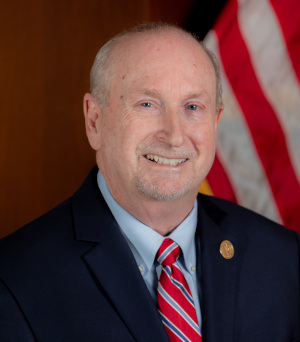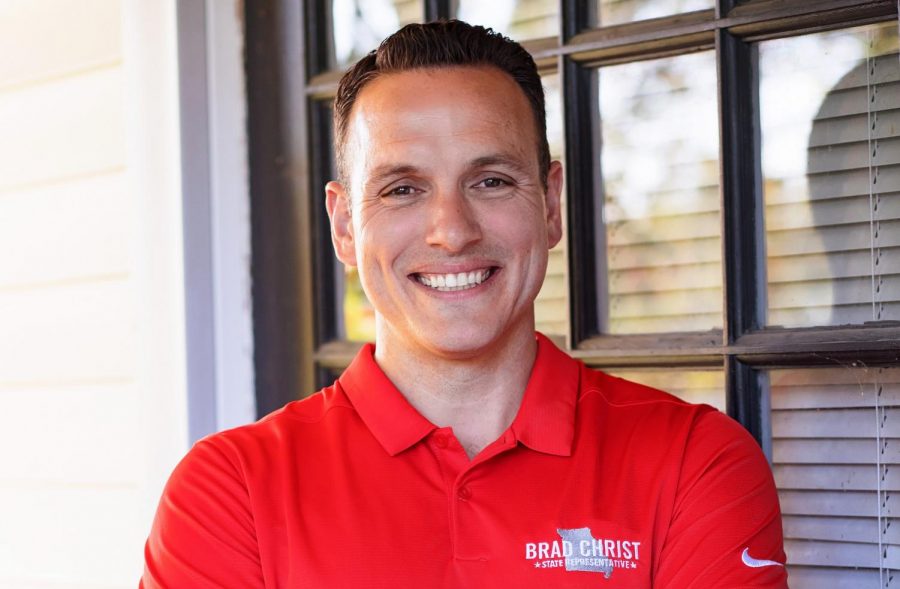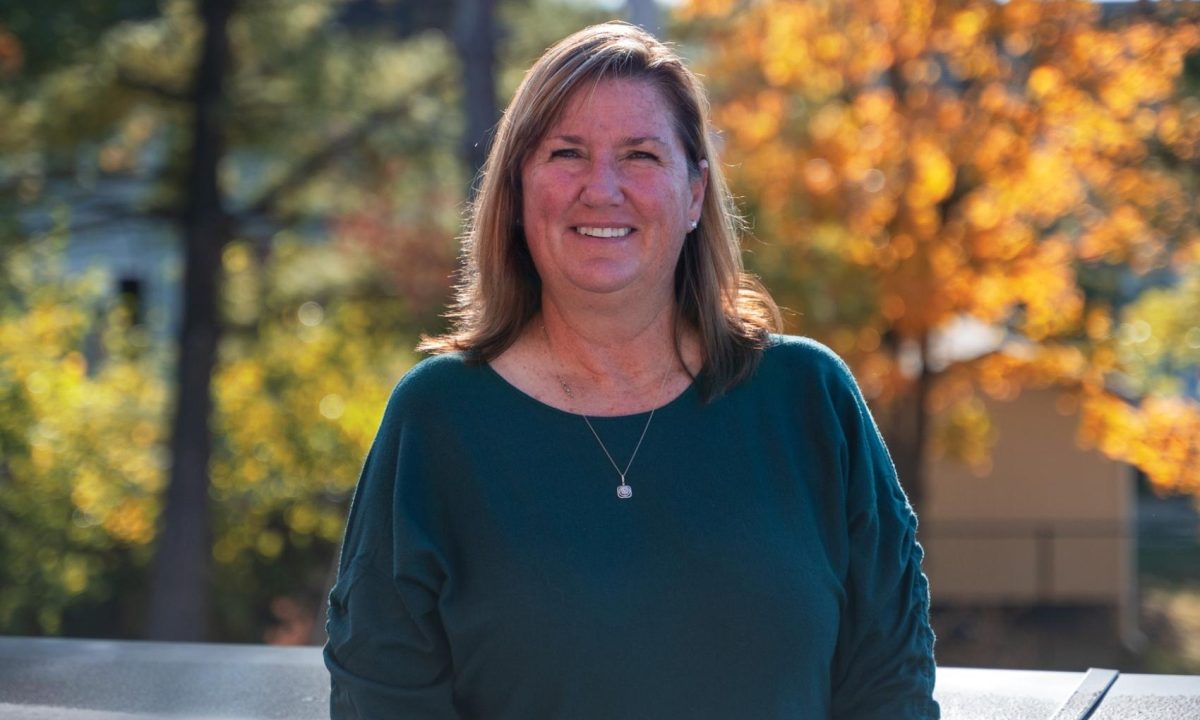Motorists would get a wider Interstate 70, people with developmental disabilities would get better paid help and parents would get more assistance with child care needs under a state budget plan crafted by negotiators Wednesday evening.
The final tally on the operating budget portion of state spending for the coming year was unavailable immediately after the House-Senate conference committee wrapped up work. But the committee agreed to spend the higher amounts proposed by either chamber on most budget lines, which generally meant that the Senate proposal prevailed.
The House passed a plan to spend $45.6 billion operating state agencies in the year that begins July 1, while the Senate-passed plan would have spent $49.9 billion. The House-passed construction budget, four spending bills totaling $2.3 billion, will receive a hearing in the Senate Appropriations Committee on Thursday morning, but items also funded in the operating budget, most notably $859 million for work on I-70, will be cut.
The conference committee reversed two House budget actions that had generated controversy and headlines. The Senate restored $4.5 million in aid to public libraries and the conference committee supported that decision.
And when the committee turned to House-passed language barring state agencies from spending any funds on diversity, equity and inclusion programs or with contractors or vendors that have diversity, equity and inclusion policies, Senate Appropriations Committee Chairman Lincol Hough had a one-word response.
“Nope,” he said.
With final votes scheduled for Friday on all 18 pending appropriation bills, the legislature is pushing against the constitutional deadline.
All the spending bills must be passed by 6 p.m. Friday. Failure to finish any of the 13 operating appropriation bills would force lawmakers to meet in special session so agency work could continue.
Failure to pass two of the four bills in the construction budget would cause current projects to halt after June 30, when spending authority expires. Failure on the other two would mean no new state construction or maintenance on state facilities.
One reason for the late action is a two-day delay caused in part by House Speaker Dean Plocher’s attempt to leverage budget spending against a corporate income tax cut. Once the conference committee, originally scheduled for 8 a.m., began when House Budget Committee Chairman Cody Smith gaveled it to order at 6:37 p.m., everything was finished in just over three hours.
By that time, the committee had:
Agreed to spend $2.8 billion, with $1.4 billion from the general revenue surplus and $1.4 billion from bonds, to widen I-70 from Blue Springs to Wentzville.
Funded the full $13.7 million requested by Gov. Mike Parson to increase staffing in the Children’s Division by 100 employees.
Allocated $300 million for a new psychiatric hospital in Kansas City.
Set aside $43 million for a new veterinary hospital and $25 million for a research slaughterhouse or “abattoir,” both at the University of Missouri.
Funded Parson’s requests to add $56 million for pre-kindergarten programs and $81 million to boost child care subsidies.
The extra staffing for the Children’s Division, which investigates child abuse and neglect and manaages the state foster care system, is to address a crisis of staffing shortages and turnover.
“For us, that is going to be a game changer to increase staffing and reduce the number of kids in the foster care system,” acting Department of Social Services Director Robert Knodell said.
The pay raises proposed by Parson and approved by lawmakers earlier this year have also helped the Family Support Division reduce the time people spend on hold with the call center, he said.
“That is the big reason we are seeing a positive trend in terms of staffing,” Knodell said.
The fast work Wednesday evening was preceded by days of one-on-one talks between Smith and Hough, with the conference committee used to ratify their decisions.
Only a few questions or objections were raised during the hearing, and one Democrat lamented afterward that there were few chances to change decisions made before the committee convened.
In the committee, nothing decided by Hough and Smith was altered in any significant respect.
State Rep. Deb Lavender, D-Manchester, said she felt she had no chance during the meeting to push for more money to boost pay for workers who provide residential and other support services to people with developmental disabilities.
First, Plocher didn’t put Lavender on the conference committee for the Department of Mental Health budget, despite her position as the ranking Democrat on the subcommittee that does the in-depth review of department spending.
And Lavender came the closest during House floor debate to adding substantial spending to the budget. Her amendment to add $308 million to boost base pay by 8.7% failed on a 71-73 vote, with 28 Republicans joining Democrats.
In the Senate, Hough put $461 million in the budget to boost base pay from just over $15 an hour to $17 an hour. The final figure, negotiated by Smith and Hough, was $171 million, which would set base pay about $16 an hour.
“There was a substantial compromise that had not been discussed with anybody other than the two chairs,” Lavender said. “Senate members were disappointed, House members were disappointed, in that there was no room for compromise on those numbers. I’m afraid these numbers will continue to lead to a loss of providers.”
Valerie Huhn, director of the department, was very pleased with the budget increases and other items as a way to retain and boost staffing for local agencies under contract with the state. The boost in pay, plus extra pay for workers who increase their skills, will help stabilize and increase staffing, she said.
Hough defended said he has spoken hundreds of times to members of the House and Senate on what they want as budget priorities.
“My door has been open, and quite frankly, a revolving door of not just Senators and House members, ever since the House finished their budget a month ago,” Hough said.
And, he said, Lavender’s input was important in getting any money for the raises into the budget.
“Rep. Lavender and I have talked multiple times about provider rates,” he said, “and Rep. Lavender’s the person that I leaned on a couple of times during the negotiations with the chairman from the House.”
Missouri Independent is part of States Newsroom, a network of news bureaus supported by grants and a coalition of donors as a 501c(3) public charity. Missouri Independent maintains editorial independence. Contact Editor Jason Hancock for questions: info@missouriindependent.com. Follow Missouri Independent on Facebook and Twitter.



















